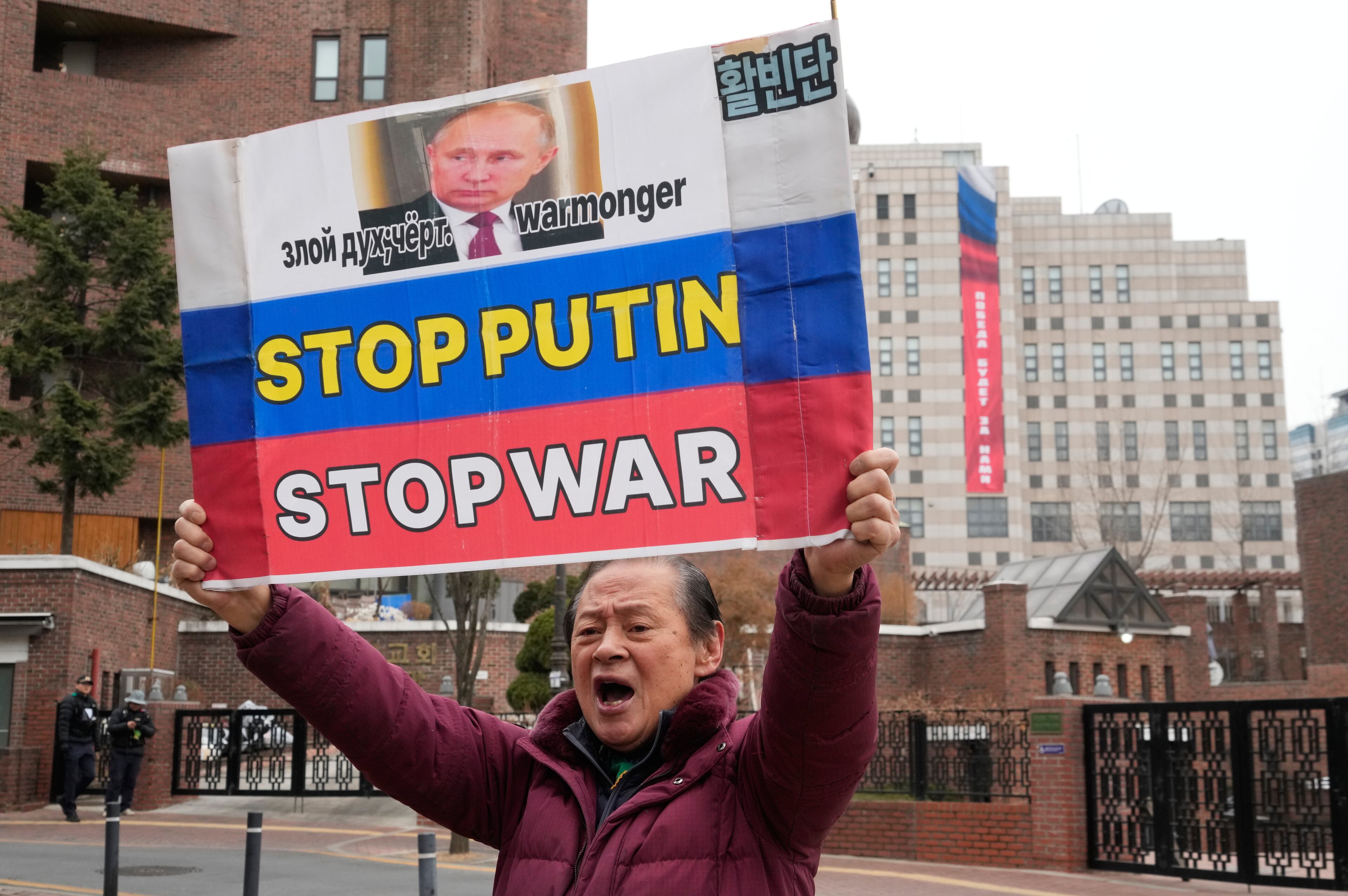Iraq instability tested further with bombing wave
A wave of car bomb blasts tore through Shiite areas south of Baghdad on Monday, killing at least 36 and deepening fears that Iraq is rapidly spiraling back out of control.
The attacks capped a week of turmoil that is posing the greatest test of Iraq’s stability since U.S. troops left the country in late 2011. At least 218 people have been killed in attacks and battles between gunmen and security forces that began with clashes at a Sunni protest camp in northern Iraq last Tuesday.
The unrest follows four months of widespread protests among Iraq’s Sunni minority, who feel they are discriminated against and are being marginalized by Prime Minister Nouri al-Maliki’s Shiite-led government.
Iraqi officials fear that Sunni feelings of disenfranchisement could be exploited by extremist groups such as al-Qaida and militant organizations such as the Naqshabandi Army, which is linked to Saddam Hussein’s former regime.
In a possible sign of mounting worries over the deteriorating security situation, Iraqi authorities announced they plan to close the country’s only border crossing with Jordan, beginning today. The Interior Ministry said the move is related Iraq’s domestic affairs.
The route to the border runs through the cities of Ramadi and Fallujah, west of Baghdad, which have been hotbeds of Sunni anger at the government. Many Sunnis in western Iraq have economic, tribal and cultural ties with Jordanians, most of whom are also Sunni.
Sheik Fakhir al-Kubaisi, a protest organizer in Anbar province, blasted the latest closure plans as “another escalation by the Iraqi government to punish the revolting Iraqi people.” He predicted the closure would drive up the prices of food and medicine, and might be tied to a coming security crackdown on protest sites in the area.
The Interior Ministry spokesman, Lt. Col. Saad Maan Ibrahim, insisted the border closure was solely a technical matter and is unrelated to ongoing tensions in the country. He did not elaborate, and said it should reopen within 48 hours.
Iraq temporarily shut the same border crossing in January, weeks after anti-government protests erupted along the desert highway heading to the checkpoint. That angered many Sunnis in western Iraq, who saw it as collective punishment for their rallies.
The International Crisis Group recently warned that the standoff between Sunni protesters and the central government has begun a dangerous slide toward confrontation.
“The emergence of an arc of instability and conflict linking Lebanon, Syria and Iraq, fueled by sectarianism and involving porous borders as well as cross-border alliances, represents a huge risk,” the conflict-prevention group warned. “Failure to integrate Sunni Arabs into a genuinely representative political system in Baghdad risks turning Iraq’s domestic crisis into a broader regional struggle.”

